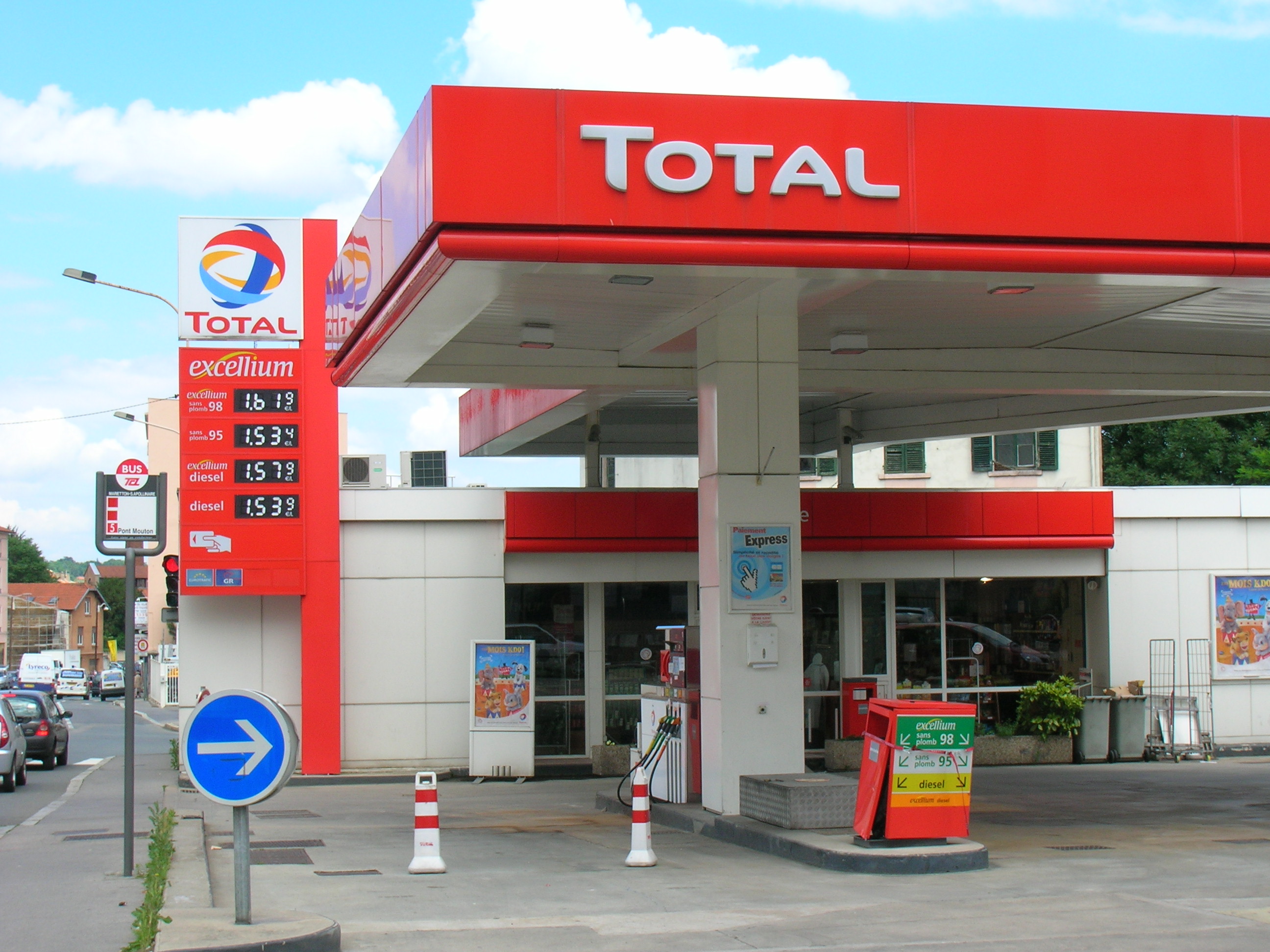Last May, the Minister for State for Petroleum Resources and Group Managing Director of the NNPC, Dr Ibe Kachikwu announced an increase in the price of fuel from about N82.5 to as high as N145 abandoning years of a fixed pricing system for Nigeria’s most desired commodity.
The announcement came on the back of excruciating fuel queues experienced by Nigerians all over the country. Importers of petroleum products claimed they could not continue to import products amidst delays in subsidy payments. They also complained about their inability to access forex from the CBN at the official price of N197. And so subsidy was effectively taken without a single protest from Nigerians. The Nigerian Labour Congress tried to mount a resistance but was met with disdain and stone cold silence from Nigerians. They had no choice but to call it off.
It’s over a month since subsidy payment was stopped on petroleum products and Nigerians are already seeing the benefit as fuel lines have basically disappeared in nearly all parts of the country. A recent article on Nairametrics explains the benefits in greater perspective. In addition to that article, an oil and gas analysts provides another perspective of the impact of fuel subsidy removal on the operations of downstream independent marketers. The article which was the latest of a weekly oil and gas roundup by Adedamola, based his opinion in part on a striking conversation between him and an owner of three filing stations. We culled parts of the article
I asked an independent marketer friend who operates 3 stations how the semi-liberalisation of petrol has impacted him. It’s bloody. Demand has dropped by over 60% largely because of reduced demand and competition. In his words(paraphrased), “if your station is close to a mega station,you are finished. They have dropped prices and you can’t compete”.
For years national petrol demand has been estimated at about 40 million litres per day. Seems we were living a lie. Subsidy payments encouraged excessive importation and inefficient use. Don’t blame the importers because the more litres they import, the more the subsidy payments. Don’t let’s talk about the millions of litres that find its way across our borders. That demand was not real. A 50-60% drop in demand for an inelastic product is not normal.
Now that subsidy is gone, our real demand is been established. With time the numbers would be clearer but let’s assume a 30% drop in demand,down to 27 million litres. Our 3 local refineries can produce 7 million litres at average capacity. If 25% of petrol demand can be met locally guess the impact on forex demand. With oil production now touching 1.9 mbopd and prices at high 40s, i am very optimistic of a good Q3/Q4 2016 GDP growth.
Furthermore, If the competitive forces in petrol industry persists, we may also expect a consolidation of independent marketers on the long run. Some would collapse into the major’s chain to benefit from synergies. Dont be surprised if the good old days of getting free windshield cleaning return.
Did I tell you my friend expects this current calm to be short-lived? He wants the chaos back so he can profiteer. Imagine my face when he was saying that.
This analysis further confirms our belief that our energy consumption in Nigeria will likely trend lower and not higher as people become more cost conscious. Rather than fill their tanks as Nigerians typically do, consumers will reduce the quantity of fuel they buy and also reduce how often they drive. This is an obvious business threat to owners of petrol stations and those making a living in the downstream sector. We believe the price of fuel will probably fall in the years to come as completion takes hold. Investors in the downstream sector without capacity to scale, cut cost and operate efficiently will most likely go out of business.
